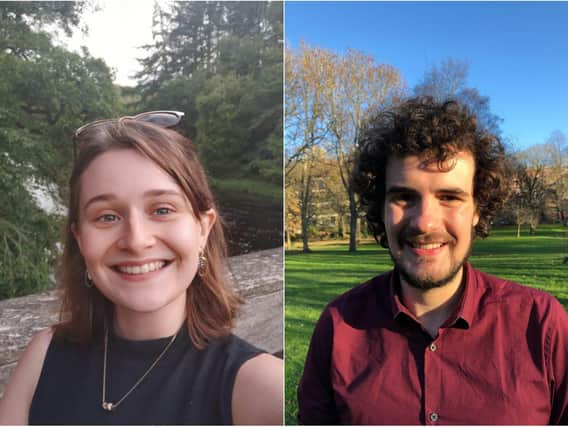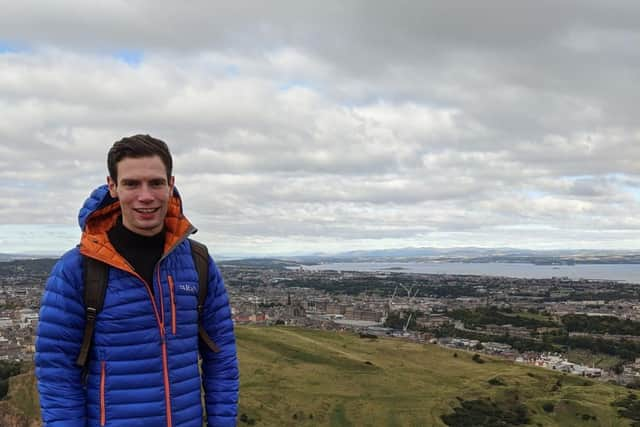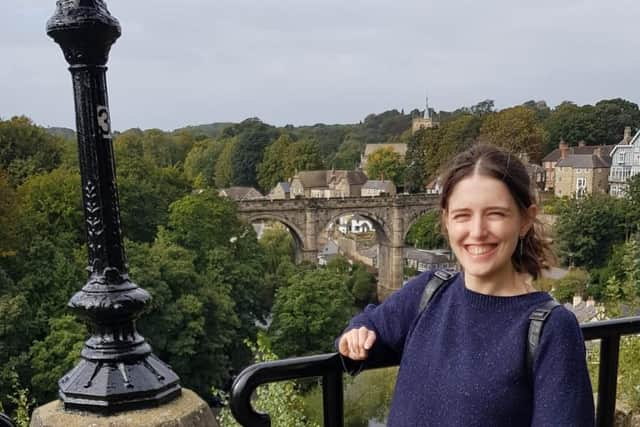Leeds PhD students say they have 'fallen through gaps of support' during Covid pandemic


In March, final year PhD students funded by the UK Research and Innovation (UKRI) will see the end of their six-month funding extension.
While the extension provided extra time to cover any disruptions students saw because of lockdown, it was offered primarily to final year students.
Advertisement
Hide AdAdvertisement
Hide AdFor students not in their final year, their need was assessed on a case-by-case basis.


The Yorkshire Evening Post spoke to a number of PhD students researching in Leeds to see how they were faring under the pandemic.
Joe Lawley, a third-year researcher in spatial energy services, said: “Based on the level of disruption, the loss of productivity and still being expected to produce the same level of research during this time, it’s just not enough.”
Many students have had to redesign their projects, Joe said, using time that they won't get back.
Advertisement
Hide AdAdvertisement
Hide AdAngus Naylor, a third-year PhD student researching the impact of climate change on Arctic communities, was unable to return to the Canadian arctic this year to retrieve vital data.


He said: “The UKRI have made it clear that they’re not funding people for lost time but in order to adapt the projects, but it’s not something you can do overnight.
“The first year of your PhD is essentially spent just conceptualising and developing a project so to be expected to turn on its expense and to be able to do that and not get any dispensation, it makes no sense."
Angus, like many other researchers, spent time trying to sort out how to use university software at home, using up more time.
Advertisement
Hide AdAdvertisement
Hide AdThe UKRI, which funds around a quarter of doctoral students in the UK, announced in January that they would be allocating an additional £19 million across 100 research organisations for students who had been worst-hit by the pandemic.
However, Angus fears that for first and second year students, it may be more difficult to prove their need for the grant.
Angus said: “Because it was done in that way, it meant first and second year students would essentially take the hit.
“What that kind of forgets is that everyone has been impacted in one way or another and taking an evidenced approach to something that is incredibly difficult to prove.”
Advertisement
Hide Ad